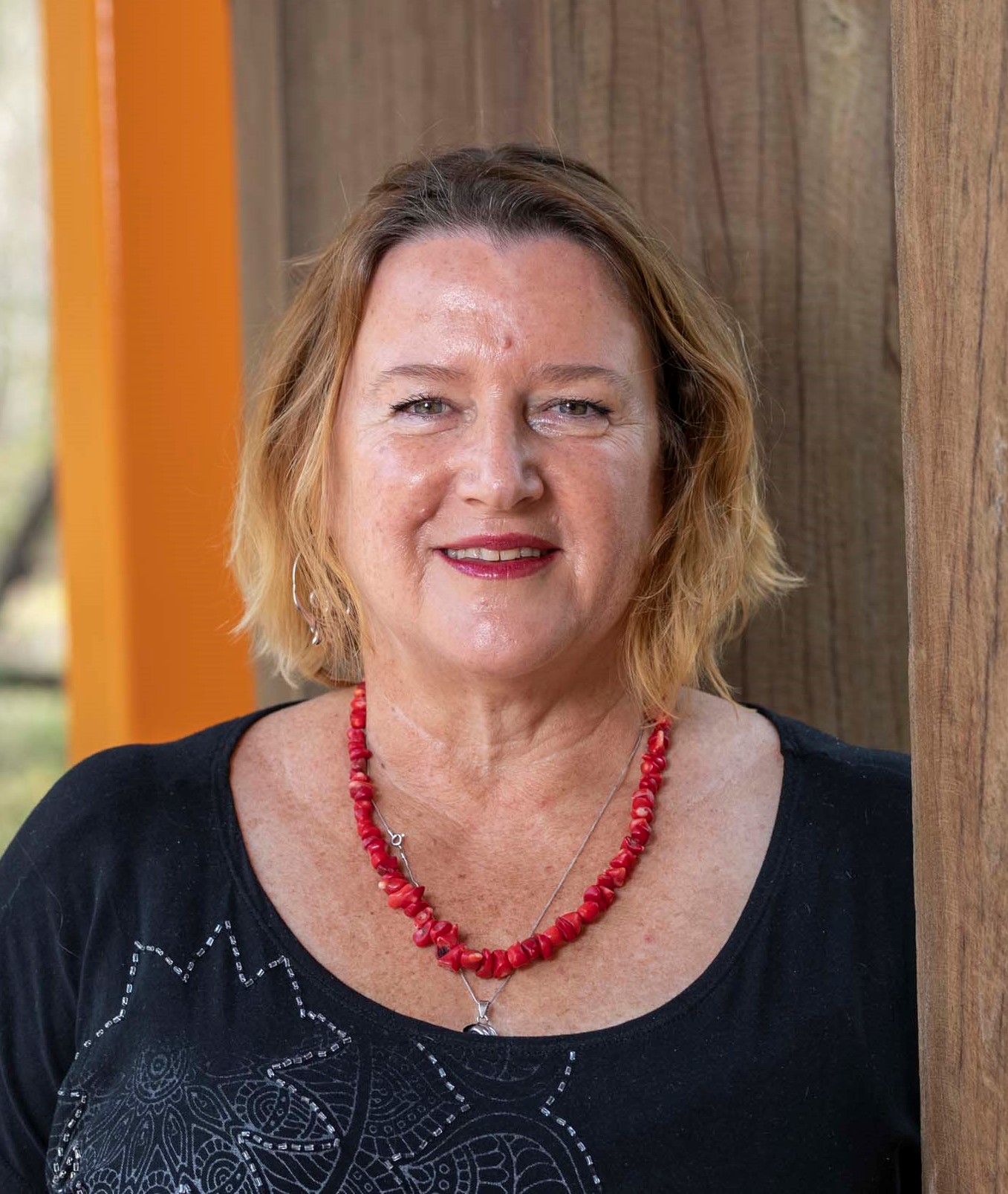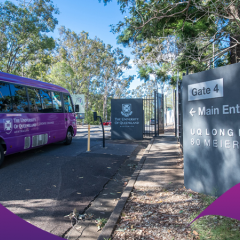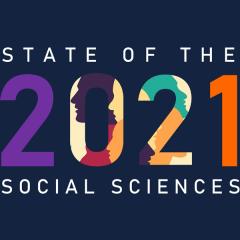
Dr Caroline Salom is a public health researcher who also has experience in service provision in the not-for-profit sector and an earlier background in medial research. Prior to joining ISSR as a Research Social Scientist in 2016, Caroline had roles at UQ’s School of Public Health and the Queensland Centre for Mental Health Research, the Centre for Youth Substance Abuse Research, Lives Lived Well and DRUG ARM Australasia.
Caroline is a Group Leader focusing on co-morbid substance use and mental health disorders and associated social and health issues. Caroline and her team also work across other ISSR projects, examples of which include the role of sleep in recovery from substance use, and the impact of substance use on driving ability.
Much of Caroline’s current time is occupied by leading the Evaluation of the Pharmaceutical Benefits Scheme Subsidised Take Home Naloxone Pilot for the Australian Department of Health. Naloxone is a drug that can temporarily reverse opioid overdose, and the Pilot launched in December 2019 in SA, WA and NSW, is an important intervention for people who are at risk of an opioid overdose as well as their families and communities. The Pilot enables people to access naloxone through community and hospital-based pharmacies, alcohol and drug treatment centres, needle and syringe programs, pain clinics, custodial release programs and GP clinics.
In partnership with the National Drug and Alcohol Research Centre at the University of New South Wales, Caroline and her team are using a syndemics approach to this evaluation to examine the complex social, environmental and health issues that affect naloxone uptake in different groups of people.
The evaluation of the Naloxone Pilot builds on Caroline’s experience leading the Queensland component of the national Drug Trends studies: the Ecstasy and Related Drugs Reporting System (EDRS) and the Illicit Drugs Reporting System (IDRS). Caroline and her team undertake the primary data collection and analyses for these studies in Queensland through annual in-depth interviews with people who regularly use ecstasy and related stimulants or who inject drugs.
A snapshot of the 2020 results from the Queensland EDRS are reported in this newsletter, with the full report recently published by the National Drug and Alcohol Research Centre.
Beyond formal reporting, Caroline’s research and evaluation work has directly informed policy and service intervention through effective communication of findings to a range of end-users. She and her team have recently used their data from Drug Trends studies to contribute to the Queensland Mental Health Commissions’ Consultation paper on the impact of the COVID-19 pandemic on alcohol and drug use, a paper that is being used to inform the upcoming renewal of Queensland's state-wide alcohol and other drugs strategic plan.
As well as being an experienced researcher and evaluator of health and social programs, Caroline is a dynamic trainer and facilitator. She leads the delivery of ISSR’s MFSAS Program Evaluation Courses, including customised versions for government and community-based agencies, and has significant experience designing evaluation capability building activities for a range of stakeholders. In particular she led the delivery of the Evaluation Capability Program (2017-18) for the Queensland Department of Premier and Cabinet, generating very positive feedback from government stakeholders about the quality of the training and its impact.



